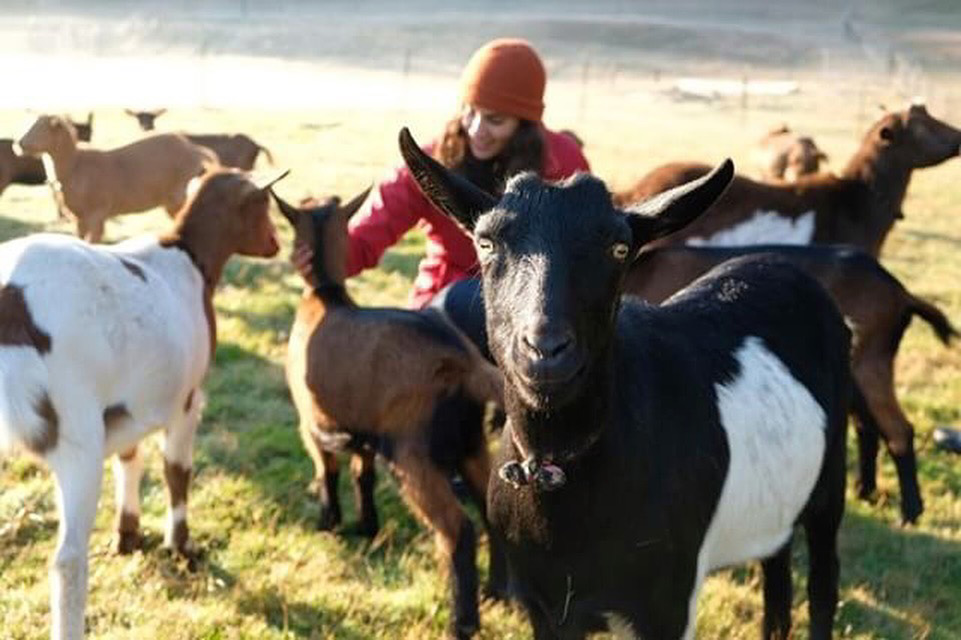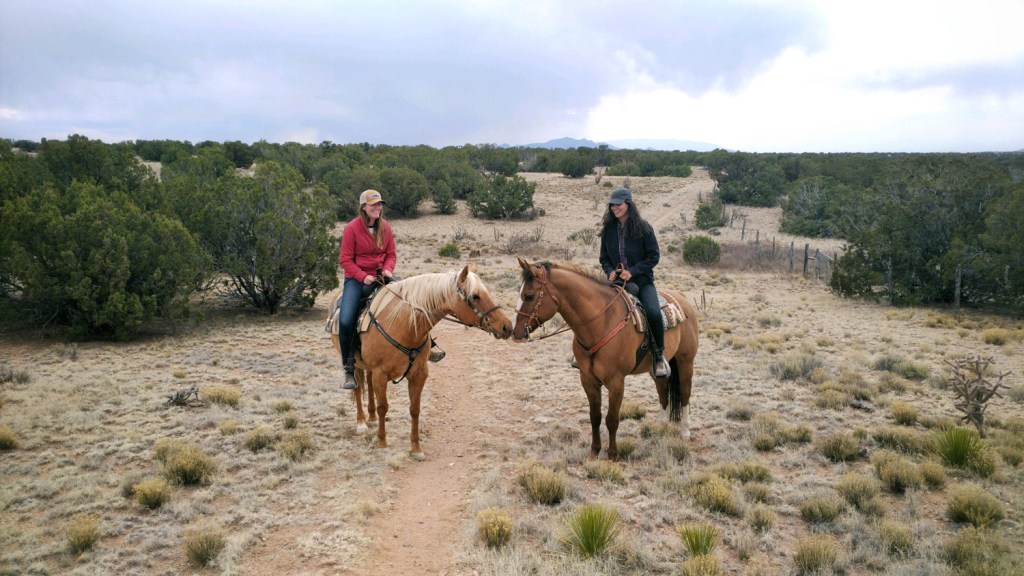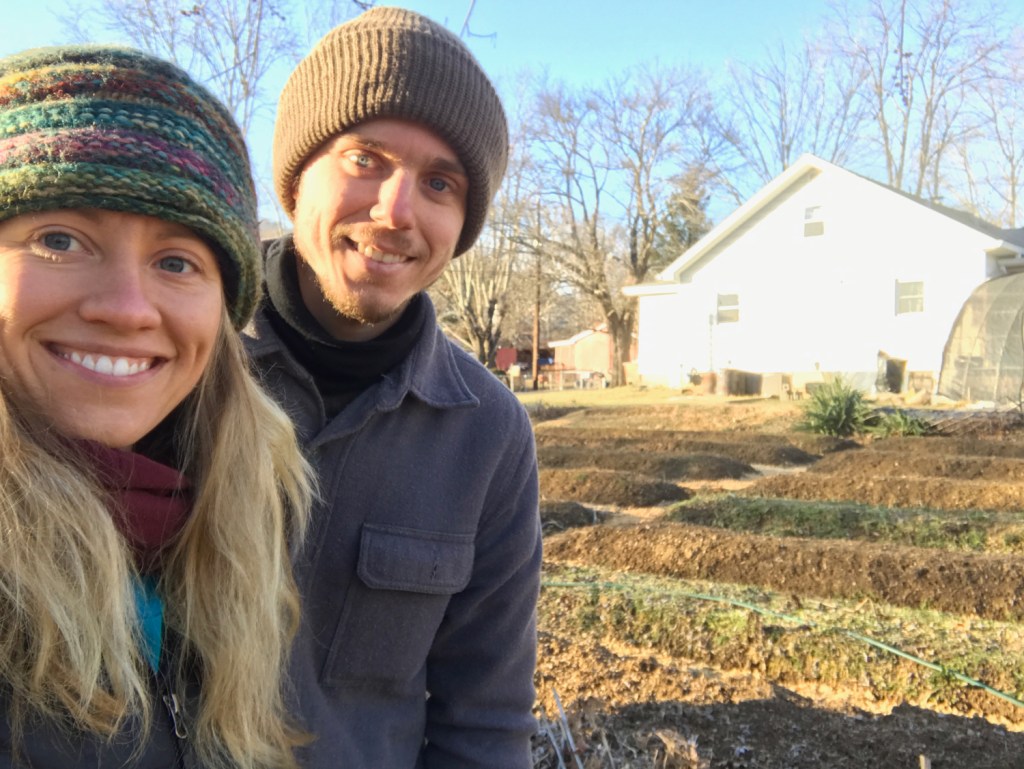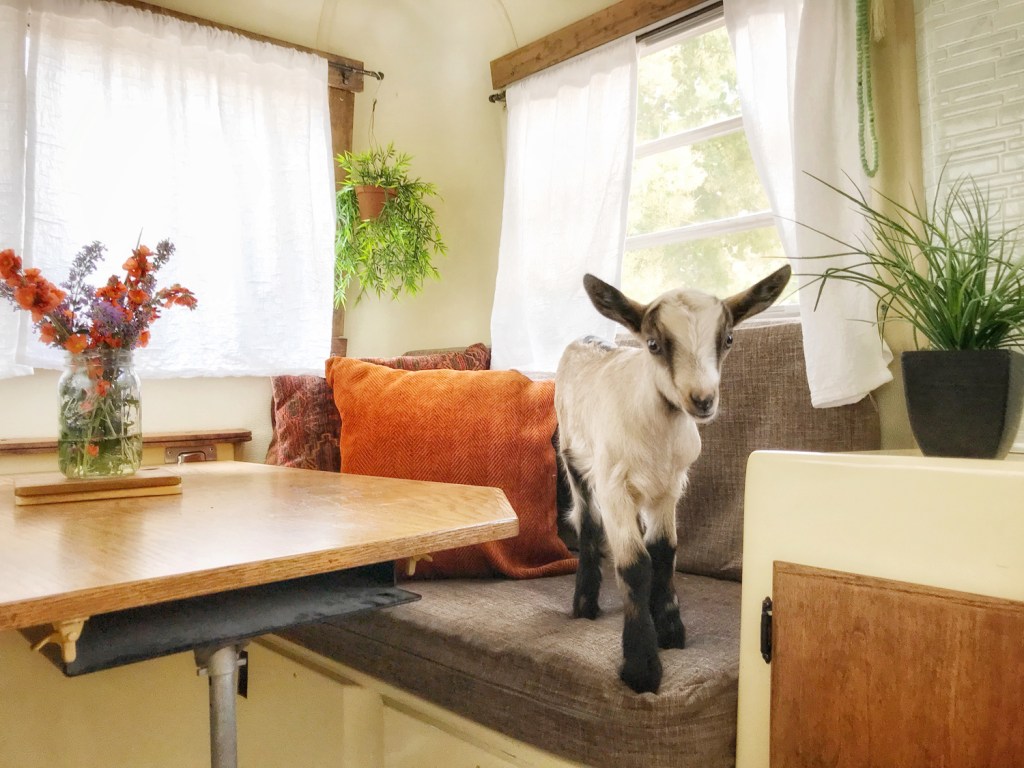An hour before dusk on the South Rim Trail in Big Bend National Park, I was searching for words to explain how I felt. Standing on the edge of the Chisos Mountains, the February sun, its final rays dancing along the barren mountains of Mexico only a few miles to the south, I watched what seemed like all of the world painted in gold before me. At some point on that mountaintop, I stopped trying to make sense of the moment and I took it for what it was—indescribable. At the beginning of a year of wandering the country, I was feeling the anticipation of the unknown.
In late 2017, I had quit my day job in preparation for a new life—one in which my partner Brittney and I would travel the country, participating in a work-travel exchange that would allow us to work for 25 hours per week for room and board. In between stays and when we weren’t working, we would visit national parks and spend as much time outside as possible.
For many folks, work-travel exchanges—or work trades—offer a way to travel cheaply while becoming immersed in another culture. Participants work about 25 hours a week, leaving the rest of their time free for exploration. Work-trades can involve anything from house-sitting to language-swapping, and you don’t need to quit your day job to do it. Many hosts allow you to stay a few days or a week, making it all the more accessible. If your job enables you to work remotely, all the better.

Most work trades involve approximately 25 hours of work per week, leaving the rest of your time free for exploration. (Photo Credit: Tannaz Darian)
Now, as I think back to the light waning on the mountains of Mexico in front of me, I‘m realizing that I’d always tried to find deeper meaning in my excursions outdoors, only to find myself reaching for something that wasn’t there. Leaving my day job to work and travel felt different—and I haven’t been the same since. Traveling full-time, without the stresses of daily life tugging at me, I’ve begun to have vivid experiences like I did at Big Bend—not only outdoors but with people I meet. In talking with other work-traders, I’ve learned that these experiences have elicited some of the most meaningful moments of their lives.
“I’ve had the best time of my life traveling this way,” says Carrie Ann Trubenstein, a 25-year-old from Utica, New York, who has used work-trades to travel the world since 2013. “If you want to learn a language, meet locals, take a piece of that country or place with you, you need to work with the people. You can break the tourist stigma and tap into the lives of others.”
“Traveling this way changed my life,” says Tannaz Darian, a 30-year-old from Encinitas, California. She and her partner Marcella Garofalo, 31, spent a year working on farms in the U.S.—visiting national parks, too. “It’s been a lifelong dream to be able to see these parks. Getting out of southern California, out of our bubble, has shown us a different world.”
If you’re the type who likes to get off the beaten path to get to know a place, work-trades might be just the thing. Interested in exploring your own backyard or destinations around the world? Here’s what you need to know, based on practical knowledge I’ve gathered and insights from other world travelers.
Which Websites are Available?
There are a multitude of websites that pair travelers with hosts, each with their own membership fees that vary—usually a nominal cost when considering the opportunities the sites present. From talking with other travelers, two of the most popular are Workaway and World Wide Opportunities on Organic Farms (WWOOF), where volunteers are commonly referred to as WWOOFers. These sites are similar in appearance to social media networks—hosts have profiles with descriptions, ratings and photos, and offer distinctly different opportunities.

Sites like World Wide Opportunities on Organic Farms offer a chance to learn about organic farming and agriculture. (Photo Credit: Tannaz Darian)
“WWOOFing provides a large variety of opportunities to people who are interested in hands-on learning about organic agriculture and sustainability,” says Tori Degen, outreach program manager with WWOOF-USA. She says that WWOOFing is a great way to travel on a budget, and many intersperse their farm stays with trips to destinations around the world. Even if you haven’t farmed before or don’t have plans to grow food of your own one day, she says it provides an opportunity to see where food comes from through a cultural exchange.
For Kirsty Farrell, a 24-year-old from Perth, Australia, Workaway has been the best fit for her and her partner Adam Hibbert, 27. The website allows for a dual profile and offers all sorts of odd jobs. “We weren’t interested in farms,” Farrell says. “With Workaway, the hosts can range from anyone who needs an extra pair of hands around the house to language practice.” On their most recent stay in Montenegro, Farrell says she learned video editing and business skills through a tourism agency, and she got to explore the hiking trails and waterfalls in the region on her off-time.
What You Need to Know
When it comes to staying with strangers, Trubenstein says she relies on the reviews left by other travelers. Typically, travel websites like Workaway have a rating system, so any issues or highlights are there for you to see. Also, she says whenever she travels alone, she doesn’t stay with a host without any ratings. Before staying with someone, have a phone interview or video call with them. Above all, use common sense when you’re in unfamiliar situations.

When signing up for a work trade, be prepared to have fun—and work hard. (Photo Credit: Jonathan Olivier)
No matter what host you choose, it’s important to know what’s expected of you. Trubenstein advises you clearly understand the intentions of your host—and be prepared to work hard. “Especially if it’s anything farming related, a lot is going to be hard manual labor,” she says. “It might be hot, you may not get to eat what you want. At the end of the day, it’s a job.”
For Darian, she says the hard work was something that only enriched her travels. “Put yourself out there and see the hard work that goes behind raising animals and where food actually comes from,” she says. However, another lesson she learned was not to be afraid to voice concerns of being overworked—or even leaving, if need be. She says the experience should be mutually beneficial.
Of course, for those who aren’t interested in manual labor, there are seemingly endless tasks advertised by hosts—daily chores, working in a hostel, language-swapping or simply house-sitting. At the end of the day, the hours you put in will be well worth it as you’ll have a free place to stay, including food, and maybe a few other perks. “One of our hosts lent us their car,” Farrell says. “We saw all of Switzerland. We got off the beaten track and found some waterfalls and hikes.”
Be Open to Different Experiences
Typically, hosts are open to providing information about the region. From my own experience staying in outdoor towns like Taos, New Mexico and Asheville, North Carolina, hosts are aware of the hidden hikes or swimming holes only known to locals—my days off were filled with excursions to surrounding mountains, trails and boulder fields, only having to share it with the wildlife around me.

A final piece of advice? Bring your sense of humor and keep an open mind. (Photo Credit: Tannaz Darian)
For travelers like Trubenstein, work-trades serve as a way to get off-grid, far away from the typical tourist destinations. “They’re places I would never think to go if there wasn’t a host there,” she says. And because of that, she’s been to amazing spots that aren’t on most people’s radar.
Above all, Turbenstein says to keep an open mind. This may be the most important piece of advice when it comes to work-trades. And, it can pertain to the work you’re asked to perform or how you should interact with your hosts. Entering the lives of strangers, if unsettling at first, is often the most special part of a work-trade experience. The access to beautiful destinations around the world is definitely a plus, but you’ll never forget how a host impacted your life, bringing you into their family.
Brittney and I have been welcomed by famers, climbers, political activists—all who quickly turned from strangers to friends. I’ve taken away much more than I ever anticipated from this nomadic lifestyle. The best part is we’re not done yet.
